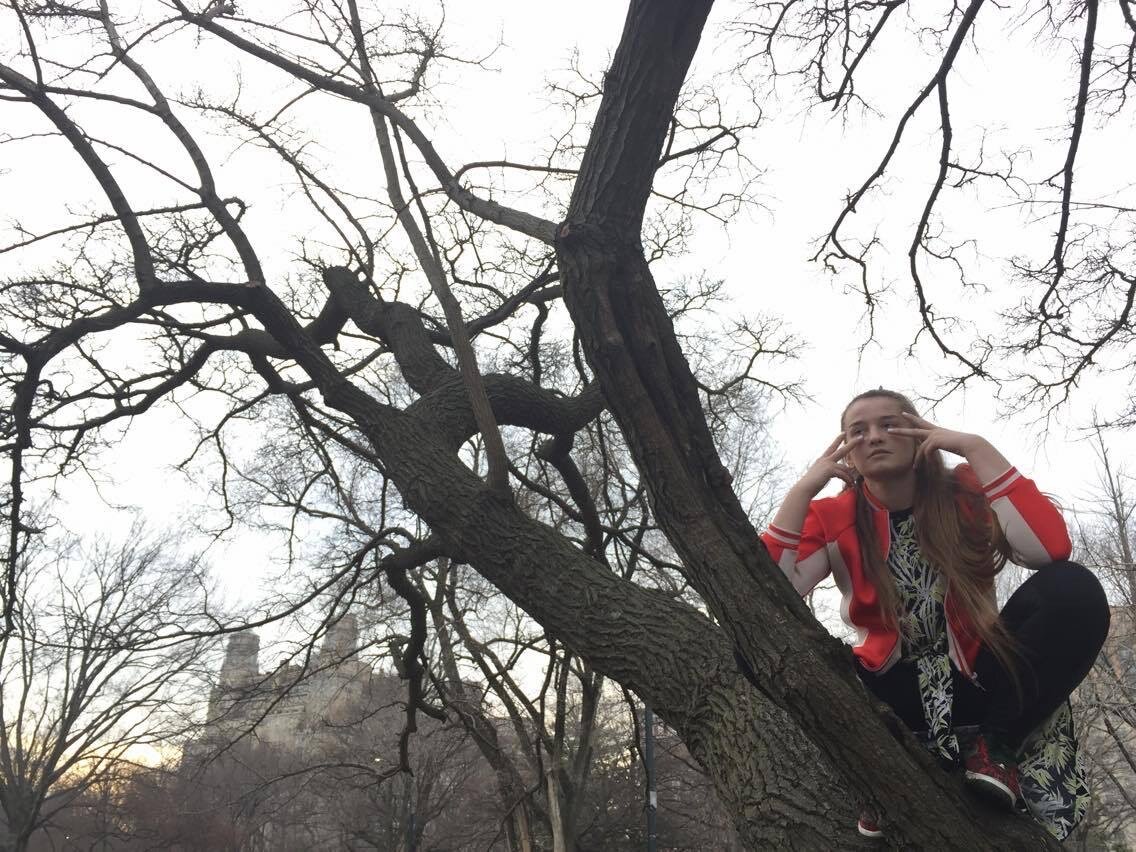Photo by Jeff Chu
I often find myself trapped in moments of overthinking. In response to the mini-crisis that ensues, I try to practice non-attachment to things that don’t really matter, or things that are simply unsolvable, or untraceable. These things around me, I tell myself, are not my own.
This world is impermanent, and rather impossible to deconstruct. And yet universal principles exist that hint towards longevity, and if not the potential for everlasting life, at least the potential for potential. So we find ourselves caught in a dream of a situation: unlimited time, space and energy to use towards the resolution of something that may not ever be resolved. In one of my all time favorite childhood movies, Treasure Planet, one of the characters, a robot named B.E.N., is discovered with a chip missing from his hardware. Without this chip, his cognitive computer cannot properly work, and though he understands this, he continues to try and restore his memories through force of will. In present terms, I always think of B.E.N. in relationship with humanity as a whole. Even though we operate with the present reality that our knowledge of ourselves and the systems around us is incomplete, we continue to try and answer the big questions of life.
For the most part, I’ve accepted that I will never be able to figure things out. It is impossible to keep a moment in time still, just as it is impossible to completely deduce why things are the way that they are. Statistics are rather meaningless without taking into account environmental, economic, sociological and psychological facets, and meticulously tracking all these facets down could take a lifetime. We continue on with incompleteness for efficiency of understanding.
In many ways, the idea of knowledge itself seems like a fallacy, and it becomes difficult to navigate pathways of information without an ingrained worldview. In this way, it becomes easier to live concretely rather than fluidly.
All systems eventually learn to run with efficiency in order for evolution to take place, so to compartmentalize and draw imaginary lines in the sand is beautifully human. Our first understanding of the distinction between us versus the world around us is comparing the object to ourselves, and noticing how it differs. Naturally, we learn the value of ethical distinction: right and wrong, good and evil. Also naturally, we tend to give ourselves a conveniently large margin of error when it comes to determining how to view ourselves. We do the “bad” thing because we have a reasonable reason to. The outside party who differs from us does the “bad” thing because they are a no-good scumbag. Usually the less able we are to relate to them, the less empathy we will show. It is a much more difficult truth to swallow, that we are all, more or less, the same.
It becomes some elaborately formed hell on Earth to function with the extremest of principles of understanding. Of knowing that our perspectives are muddled and riddled with purpose and intention, some “good” some “bad.” Of knowing that the information we receive, interpret and digest is of the same cloth as our own muddled trains of thought.
And so we approach a state of limbo: an uncomfortable paralysis of informational mistrust. We don’t know all the answers, and we likely never will. Whatever we are searching for out in the world, may simply be a cry for attention from within. A desire for it all to make sense, so we can make sense of what goes on around, and modify our behavior in tandem. An exercise of control. And as always, I am left pondering, what would happen if we just let go?
